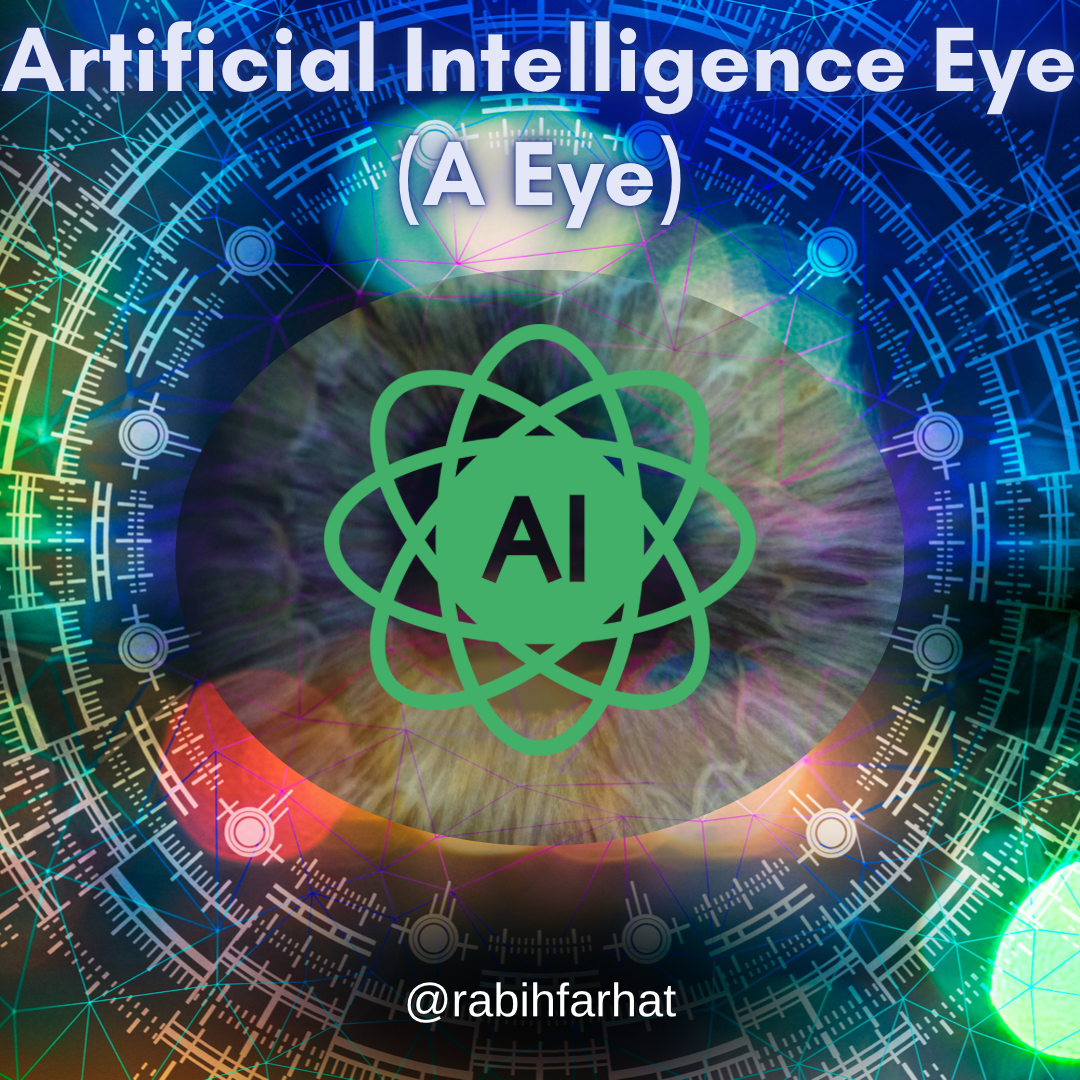Introduction
The development of artificial intelligence (AI) continues to amaze us, especially in matching and even surpassing the diagnostic skills of human doctors in specific areas of healthcare. It could significantly impact future medical practice, especially in specialties where general practitioners may lack frequent practical experience.

Since the capabilities of large language models (LLMs) and AI systems are capable of understanding and generating human-like text - why not provide assistance in diagnosing eye conditions. Although, naturally, medical students receive broad training in various specialties, including ophthalmology, during their courses. However, once they qualify as GPs, they may not practice the ins and outs of these specialties regularly (due to cases that may not cover everything they have studied), which can lead to gaps in their diagnostic abilities over time.
To address this problem, artificial intelligence comes into play because it can provide a level similar to that of practicing doctors and even better than that of trainee and novice doctors.
A study showed amazing results, as the GPT-4 showed a success rate of approximately 70 percent in choosing the correct diagnosis or treatment, significantly outperforming junior doctors who recorded an average of approximately 40 percent. The artificial intelligence also outperformed the trained ophthalmologists, who obtained a score of 60 percent, as it approached the level of experience of the experienced ophthalmologists, who exceeded the 70 percent threshold. Take a look
Here we conclude that the ability of these large linguistic models to think in the context of eye health can become or even has now become almost indistinguishable from that of experts.
It is now being thought that artificial intelligence will become an integral part of clinical workflow in the future. In practice, this means that a General Practitioner (GP) who is unsure of a diagnosis or treatment can consult the AI system for a reliable second opinion, especially in situations where specialist advice is not readily available. This tool could also be invaluable in improving the accuracy of initial treatments provided by GPs, which could speed up patient care and reduce the burden on specialists. However, patient autonomy is also very important in these new digital frontiers. It is essential that patients are empowered to decide whether they want to share computer systems or not. This should be an individual decision that each patient must make.
Conclusion
As artificial intelligence continues to advance, making it part in the healthcare, for sure promises to enhance diagnostic and treatment capabilities, and to revolutionize the way medical care is delivered.
As I think the idea of AI replacing doctors is still far and maybe it’s not the intended goal, yet AI role as a supporting tool is gaining undeniable momentum.
Still regulations are needed along with the ethical guidelines, so the AI can significantly help to close the gap between general practice and specialist knowledge that will lead to better patient outcomes and a more efficient medical system.
As we keep going on, the key will be to find a balance between the AI capabilities and what is needed from the AI and the patients’ needs.
*Image designed using Canva
Posted Using InLeo Alpha
It will be interesting to see AI improve the lots in healthcare delivery, but its time professionals up their game to make Ai more reponsive.
@uyobong it’s only the beginning but fore sure AI is having bright future (or dark still can’t decide)😂